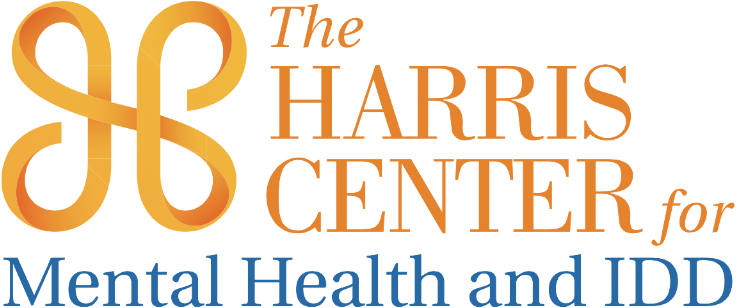Tiffanie Williams-Brooks MA, LPC-S
Director of Children and Adolescent Services
The Harris Center Blog
Welcome to the Harris Center for Mental Health and IDD Blog, your source for topical white papers that delve into key areas of interest and concern, that provide valuable insights, practical strategies, and expert perspectives on mental health and IDD. Thank you for joining us on this journey of knowledge and understanding.
For the latest news and announcements, click here.

Dr. Dionne M. Hill, LPC-S
Practice Manager - Southwest Clinic

Dr. Dionne M. Hill, LPC-S
Practice Manager - Southwest Clinic




